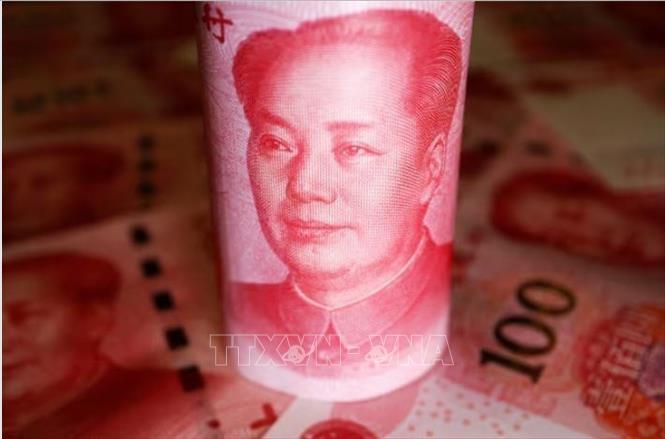Central banks in emerging markets are increasingly taking on the role of first line of defense as they try to protect their currencies from speculation and large fiscal deficits.

A series of recent currency market interventions by Latin American central banks suggests that the tug-of-war between them and speculative capital flows will continue until governments can rein in public spending.
In addition, the USD strengthened due to the US economy still being quite "resilient" and expectations of the US Federal Reserve (Fed) cutting interest rates less. This development has made central banks around the world vigilant, looking for ways to protect national currencies and prevent capital flight. However, these governments are having difficulty in launching strong fiscal stimulus packages due to the high debt burden after the COVID-19 pandemic.
Brendan McKenna, an emerging markets economist at Wells Fargo Securities LLC, said that central banks intervening in the currency market is not a sustainable and effective solution to protect national currencies. Instead, moving towards responsible fiscal policies is the most effective way to stabilize the currency market.
As the economic linchpin of emerging Asia, China’s efforts to defend the yuan are being closely watched, with the currency weakened by a lack of fiscal stimulus, sluggish economic growth and the threat of US tariffs.
The People's Bank of China (PBoC, the central bank) maintains tight control over the yuan through a daily reference rate mechanism, limiting the currency's trading band to 2% against the US dollar.
In addition, the PBoC also plans to sell treasury bills in Hong Kong to reduce liquidity in the offshore market, thereby increasing demand for the yuan. However, these efforts have not yet been able to ease market pessimism, as the onshore yuan is still near the bottom of the allowed range.
Currency traders are also awaiting the policies of US President-elect Donald Trump after he takes office on January 20.
Elsewhere, Indonesia’s central bank is helping the government refinance maturing debt from the pandemic. Brazil’s central bank has also made a historic intervention to defend the real, which fell to a record low against the dollar in December 2024 due to a rising budget deficit. Meanwhile, Colombia’s central bank surprised markets by deciding to slow down its monetary easing campaign due to the government’s financial instability.
However, these measures can only slow the negative impact of instability on these currencies. Investors will be reluctant to buy until they see significant improvements in fundamentals, especially on the fiscal side. In China, for example, despite the government's announcement of a proactive fiscal policy and accelerated measures to boost growth, Bank of America still forecasts that the yuan could fall from 7.33 yuan to 7.6 yuan per dollar in the first half of 2025.
The growing risk of ballooning budget deficits leading to inflation also undermines the effectiveness of monetary policy. In Brazil, for example, investor skepticism about President Luiz Inacio Lula da Silva’s commitment to tackling the budget deficit has sent the real into freefall over the past month. The central bank has spent $20 billion in foreign reserves in two weeks to defend the currency.
The Latin American debt crisis of the early 1980s and the Asian financial crisis of the late 1990s helped policymakers in emerging markets react more quickly. Latin America even went ahead of developed economies by proactively raising interest rates from 2021 to fight inflation. But rising inflation is hampering efforts to cut rates, as massive pandemic spending raises fiscal concerns in many countries.
According to the latest figures from the International Monetary Fund (IMF), the public debt-to-GDP ratio of emerging economies has increased from 55.4% in 2019 to 69% in 2023 and is expected to reach 71.9% this year. More and more central banks are citing fiscal risks as a reason to be more cautious in their monetary policies.
According to VNA
Source: https://doanhnghiepvn.vn/quoc-te/cac-ngan-hang-trung-uong-gong-minh-bao-ve-dong-noi-te/20250113125815489















































































































Comment (0)